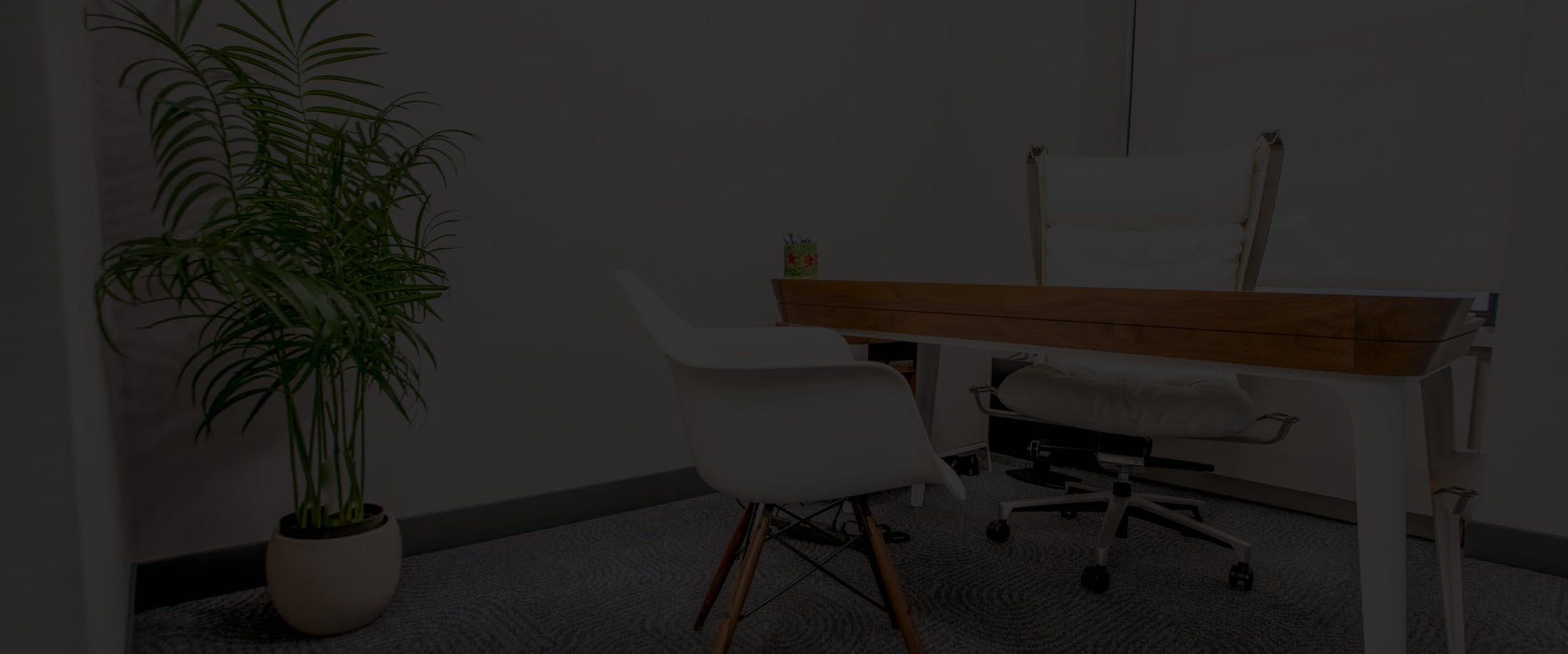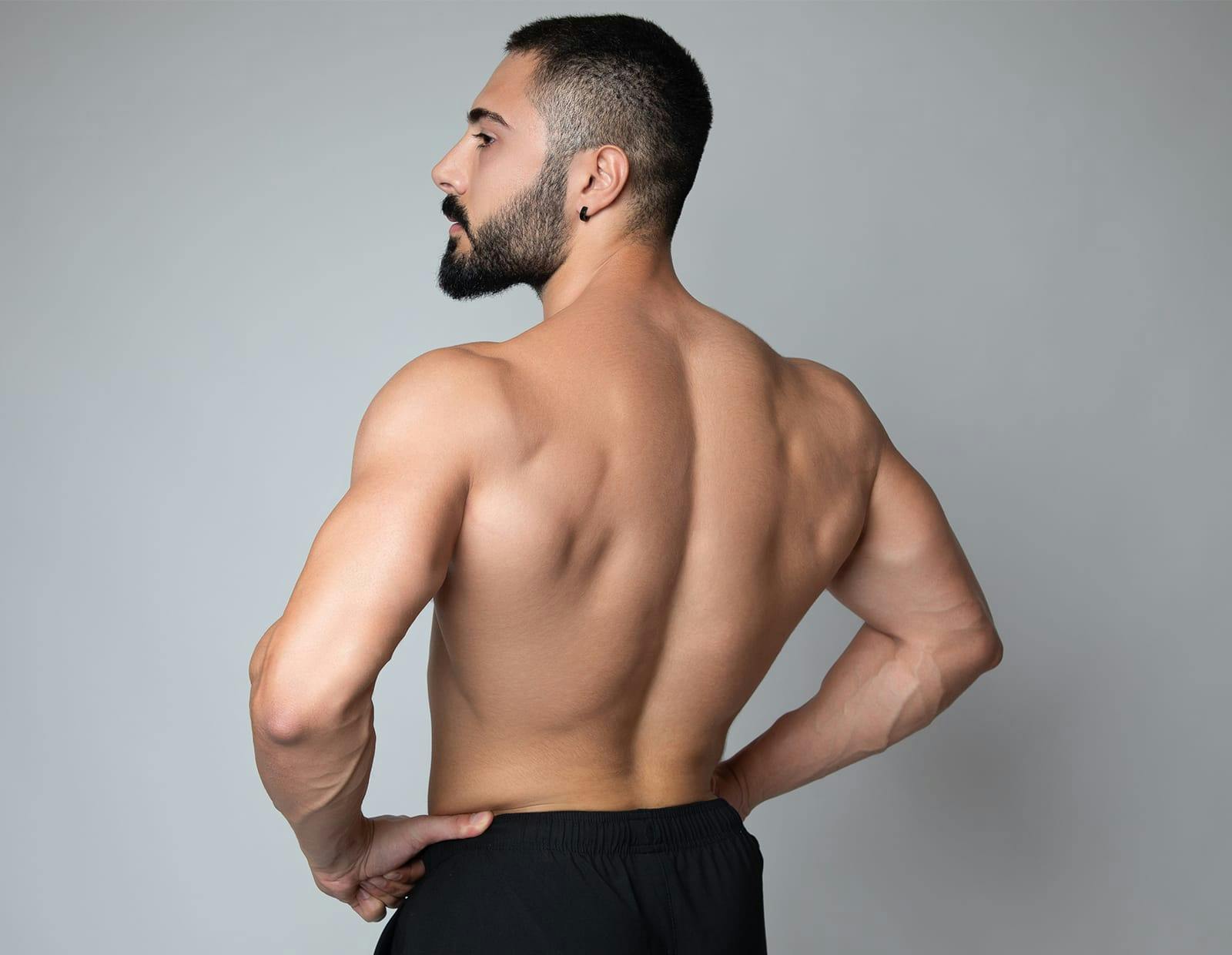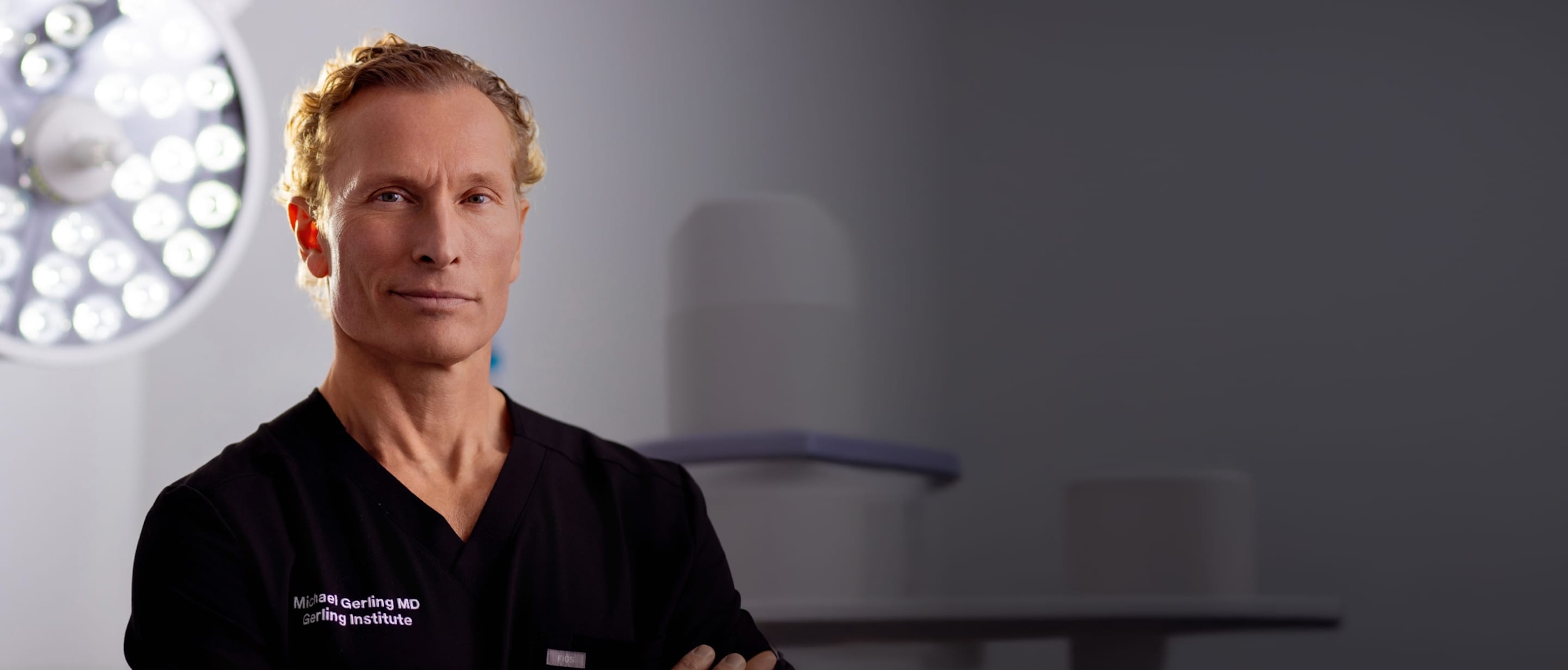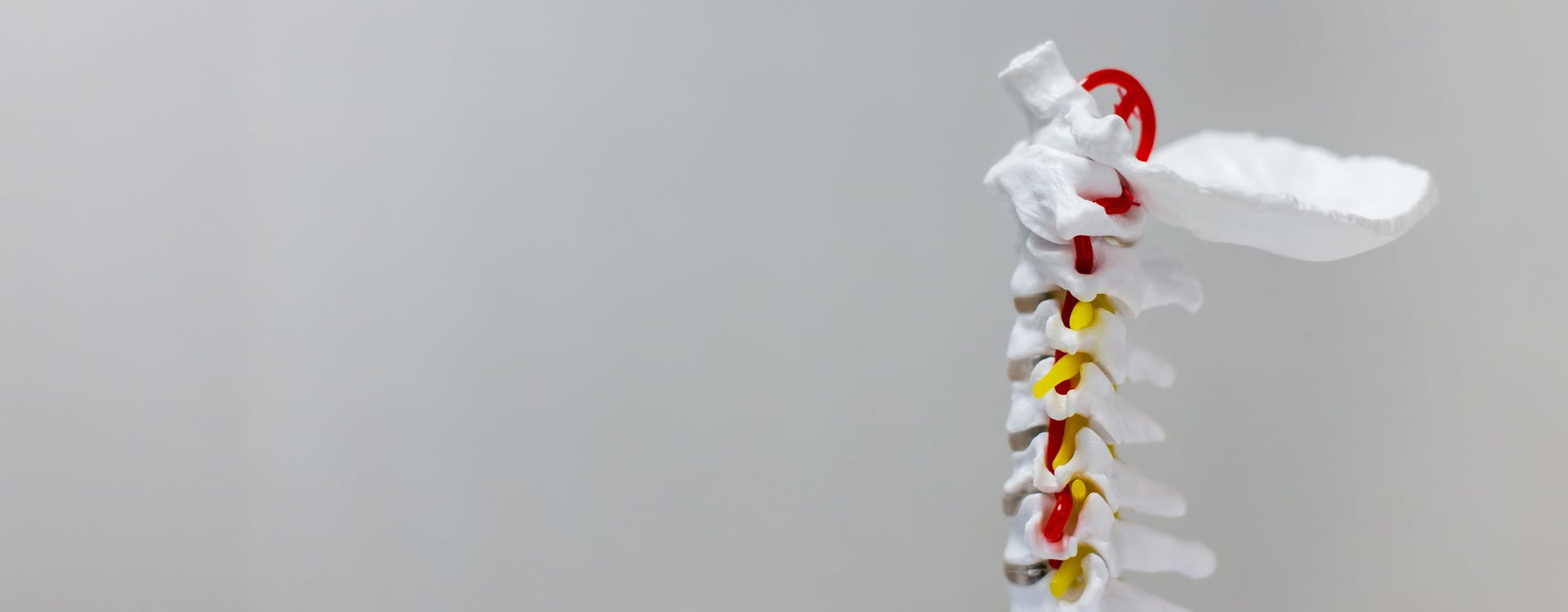At Gerling Spine Care NJ, we specialize in Posterior Lumbar Fusion (PLF), a highly effective surgical procedure designed to treat conditions affecting the lower back, including degenerative disc disease, spinal instability, and herniated discs. This surgery stabilizes the spine, alleviates pain, and improves mobility, helping New Jersey patients return to a more active, pain-free lifestyle.
Post-Operative Care and Recovery
Recovery time after Posterior Lumbar Fusion can vary depending on the extent of the surgery and the patient’s overall health. Many patients stay in the hospital for 1-2 days, with some being able to return home the same day. During the recovery process:
- Pain Management: Post-operative pain is common but can generally be managed with medication.
- Mobility: Most patients are encouraged to get up and walk the day after surgery to promote healing and prevent complications.
- Physical Therapy: Physical therapy may be recommended to strengthen the muscles around the spine and improve flexibility.
- Return to Activities: While many patients experience significant relief within a few months, full recovery can take up to 6 months or more.







